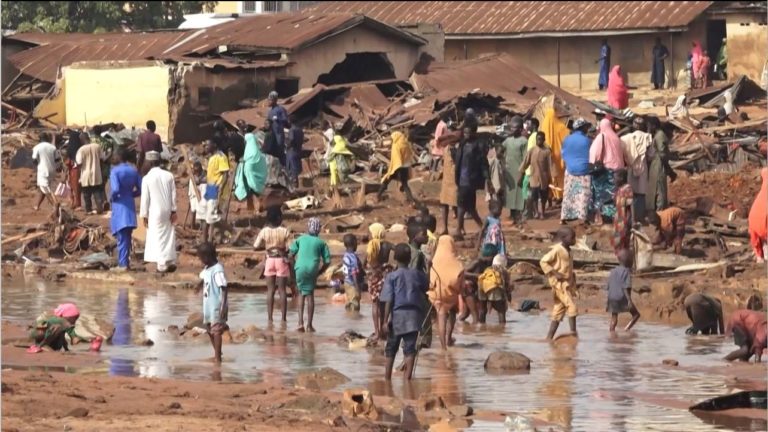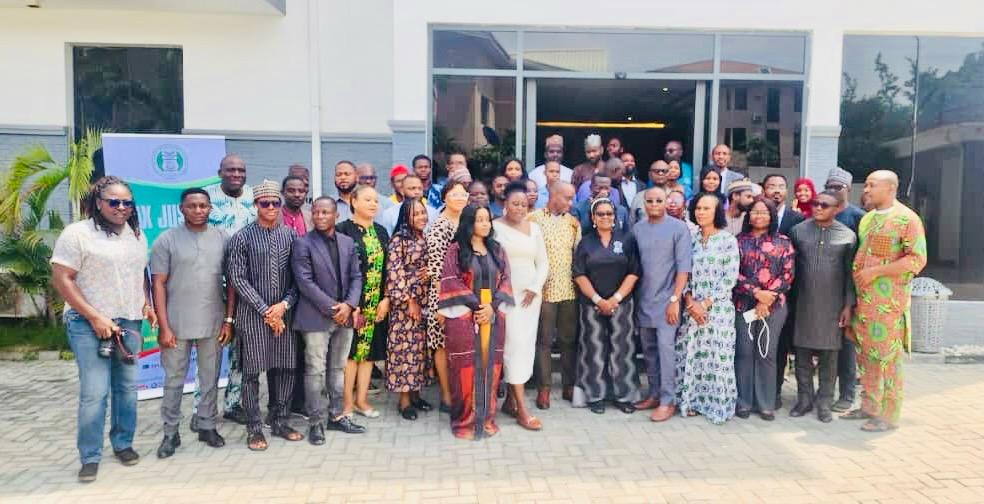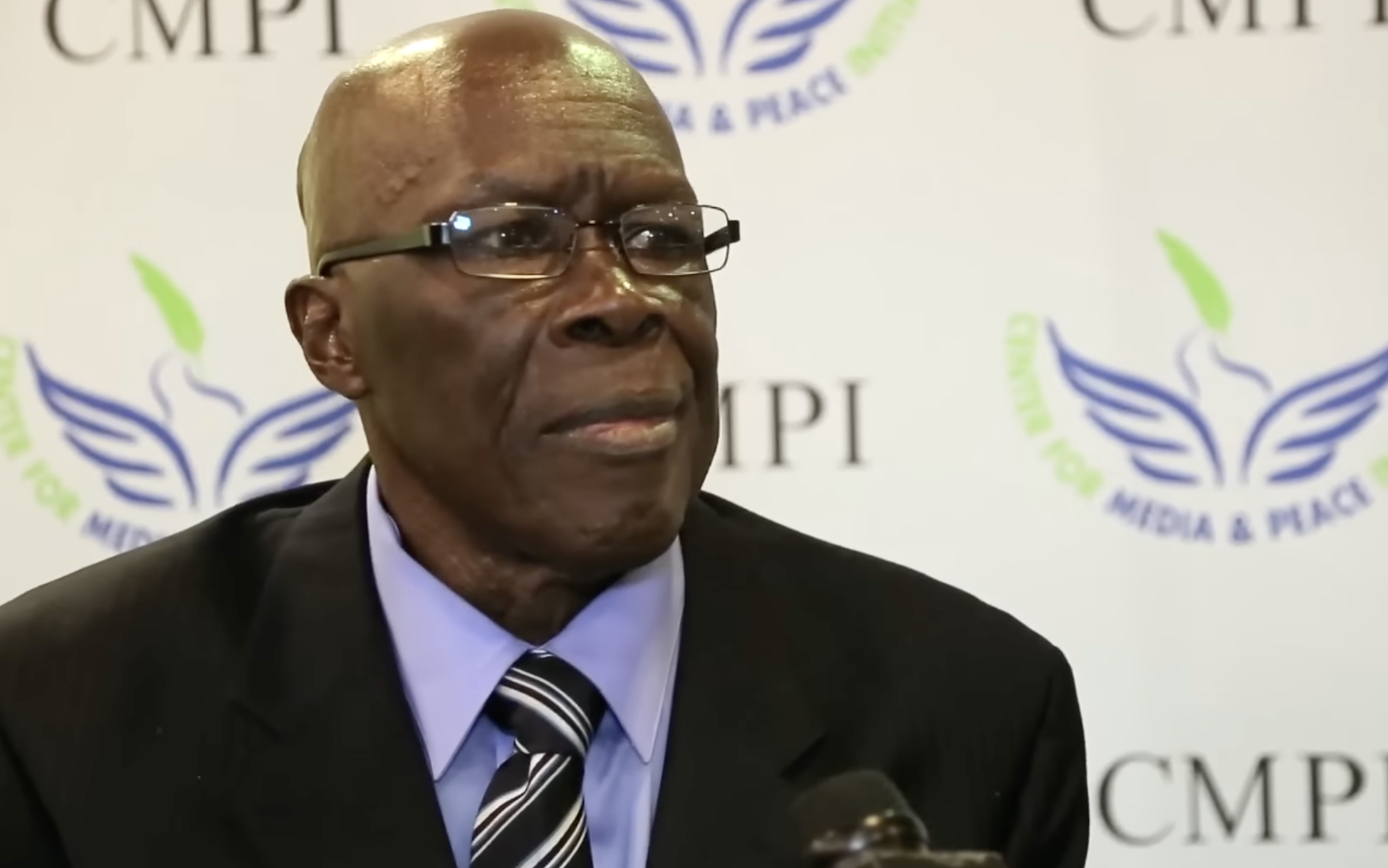French Govt Canvasses Collaboration to Protect Oceans from Plastic Threat - THISDAYLIVE
•As ActionAid urges Nigerians to exploit billion Dollars plastic waste industry
The French government wants Nigeria, the rest of Africa and the global community to mobilise resources, policies and collaboration to protect the oceans from the dangers of plastic waste.
The French Deputy Ambassador to Nigeria, Jean-François Hasperue, made the call on Wednesday in Abuja during a plastic waste awareness programme at the French Institute.
Hasperue said the call for a united front to tackle the challenge became necessary because plastic waste has become one of the most pressing environmental crises facing the globe, with oceans bearing the brunt of the escalating threat.
In a related development, ActionAid Nigeria (AAN) has called on Nigerians to tap into the billion dollars plastic waste industry.
The call was made on Wednesday in Abuja by the Country Director, ActionAid Nigeria, Andrew Mamedu at the “Beat Plastic Pollution Innovation Day” in commemoration of World Environment Day.
Mamedu, who was represented by Chair of ActionAid Nigeria Young People’s Forum, FavourIkpe, while noting that currently, Nigeria generates 2.5 million tonnes of plastic waste annually, urged Nigeria to tap into the billion-dollar plastic waste economy.
Meanwhile, the French Deputy Ambassador to Nigeria, Jean-François Hasperue explained that from floating debris to microplastics embedded in marine organisms, the evidence of damage on the oceans has been overwhelming.
He said: ‘’Our panelists were explaining that the microplastics that are eaten by fish in the lagoon of Lagos might be eaten by people in Asia because fish have been taken by foreign boats and sold everywhere in the world.
“So yes, it’s a global issue that we need to address. And there is one specific issue, of course, we decided to address within the UN conference in Nice, is the one of biodiversity beyond national jurisdictions.
“Because it has been for too many years, a gap in which we have not been able to raise cooperation among countries to save these biggest parts of the oceans.
“And I expect that we will announce that we have reached the 60 signatories for ratification by the end of this week. So, the BBNG will be able to be implemented starting the 1st of January 2026.”
According to Mr. Hasperue, the French government is raising awareness in Nigeria particularly in Nigerian universities as part of global strategy to build capacity of students and also to rally support for empowering global local communities.
He said: “We are part of a global strategy of France, because of course we would like to act at different level. We act first globally, and that’s why we decided to welcome the UN Conference on Ocean, which is actually happening in Nice from the June 9th to the 13th this very week.
“And that’s why in the wake of this global conference, we wanted here in Nigeria and in Abuja to organise at our level a debate, but not only a debate here, but activities all over the month of June.
“And we had not less than 11 activities happening in six different states in Nigeria, first of all to raise awareness in Nigeria, but also to rally support for empowering global local communities.”
Hasperue underscored the importance of the UN Ocean Conference to addressing the dangers of plastic waste on oceans, noting that awareness creation remains very critical to ending the menace.
He added that: “We have to take into consideration that plastic, although it has been a solution at some point of history, that it has been now so massive, so huge, that it has become a problem.
“So now we have to better think how to better produce plastic, how to make sure that plastic is better recycled, and how we make sure that it will less affect all life all over the world.
“They are part of a global strategy by France to not only act at the global level, but also at the level of the communities. So, we have a double approach, top down, but also a bottom up, to make sure that we create the link between what we are doing on the global stage to raise awareness, but that it has a translation down to the local communities. In every country we are working with the governments and civil society organisations.”
The Deputy French Ambassor to Nigeria stressed the French government is helping Nigerian universities with recycling plastic and micro plants as well as funding of projects in the universities.
He said: “We have a fund of 750,000, 100,000 euros now, which is about helping universities in recycling plastic. So, within this project, we have two micro plants that will be given to Nile University and UNILAG to recycle plastic within the universities. We are also funding a project in five different universities.”
Similarly, Sebastien Bede, the Attaché for Scientific and Higher Education Cooperation at the French Embassy, pointed out that the French government has been cooperating with Nigerian partners to develop projects and implement solutions to plastic waste.
“So, we have this project we call the French Embassy Fund to actually develop and implement solutions to tackle plastic pollution in Nigerian university campuses. And the idea is threefold.
“First, as previously the Deputy Ambassador said, to equip two universities here in Nigeria, UNILAG, Nile University in Abuja, with microplants to recycle plastic.
“This comes with capacity building, with Plastic Odyssey, to train the staff and develop integrated solutions, which goes from collecting the plastic on the campus, sort it out, clean it, grind it, and then the final product. So, we have the input and the output. So, there’s been a collective reflection on what is the need here in Nigeria on the campuses.”
About 17 Nigerian university students were awarded for their efforts in turning plastic waste to viable economic ventures.
On his part, the Country Director, ActionAid Nigeria, Andrew Mamedu said with 2.5 million tonnes of plastic waste generated annually in Nigeria, only less than 10% of the waste is recycled, while the rest constitutes harm to the environment.
He therefore called for investment in recycling infrastructure and also support for the young Nigerians that are providing solutions.
He said: “To cut down drastically on single-use plastics, invest in recycling infrastructure and support the brilliant young people already building solutions from the grassroots.”
He stressed: “Let’s face it: the impact of plastic waste is right in front of us. In Nigeria alone, we generate over 2.5 million tonnes of plastic waste each year, but less than 10% is recycled. That means the rest ends up in our drainages, our farmlands, our oceans, and these are harming our health and destroying livelihoods.
“But here’s the powerful part: change is already happening – and it’s being driven by young people. Nigeria is a young country – nearly 70% of our population is under 30. And we’re not sitting around waiting for change. We’re making it happen.
“Across the country, young people are taking plastic waste and turning it into opportunity – building startups, designing solutions, and creating sustainable alternatives.
“And there’s a big economic opportunity here. Globally, the recycled plastics market is projected to hit over $107 billion by 2032. Nigeria’s circular economy alone is already worth over $10 billion, and growing. The African Development Bank says that if we transition fully, Africa could unlock $350 billion in new economic opportunities by 2030.
“But we need the right systems to make this real. In Lagos, for example, the recycling economy was worth ₦18 billion in 2021 – yet 80% of the city’s waste still isn’t formally collected. That’s over $2.5 billion in lost value every year.
“Let’s reward innovation. Let’s fund community-led efforts. Let’s create policies that empower young recyclers and scale up sustainable solutions.
“Plastic may be part of the problem – but with the right approach, it can also be part of the solution. If we rethink, reuse, and recycle, we can turn pollution into possibility.”
He said what is needed today is to reimagine plastic – not as pollution, but as potential.
“So today isn’t just about raising awareness – it’s about celebrating action. From the live demos to the amazing gallery displays, what you’ll see here are examples of how youth are flipping the script. This is what transformation looks like.”










